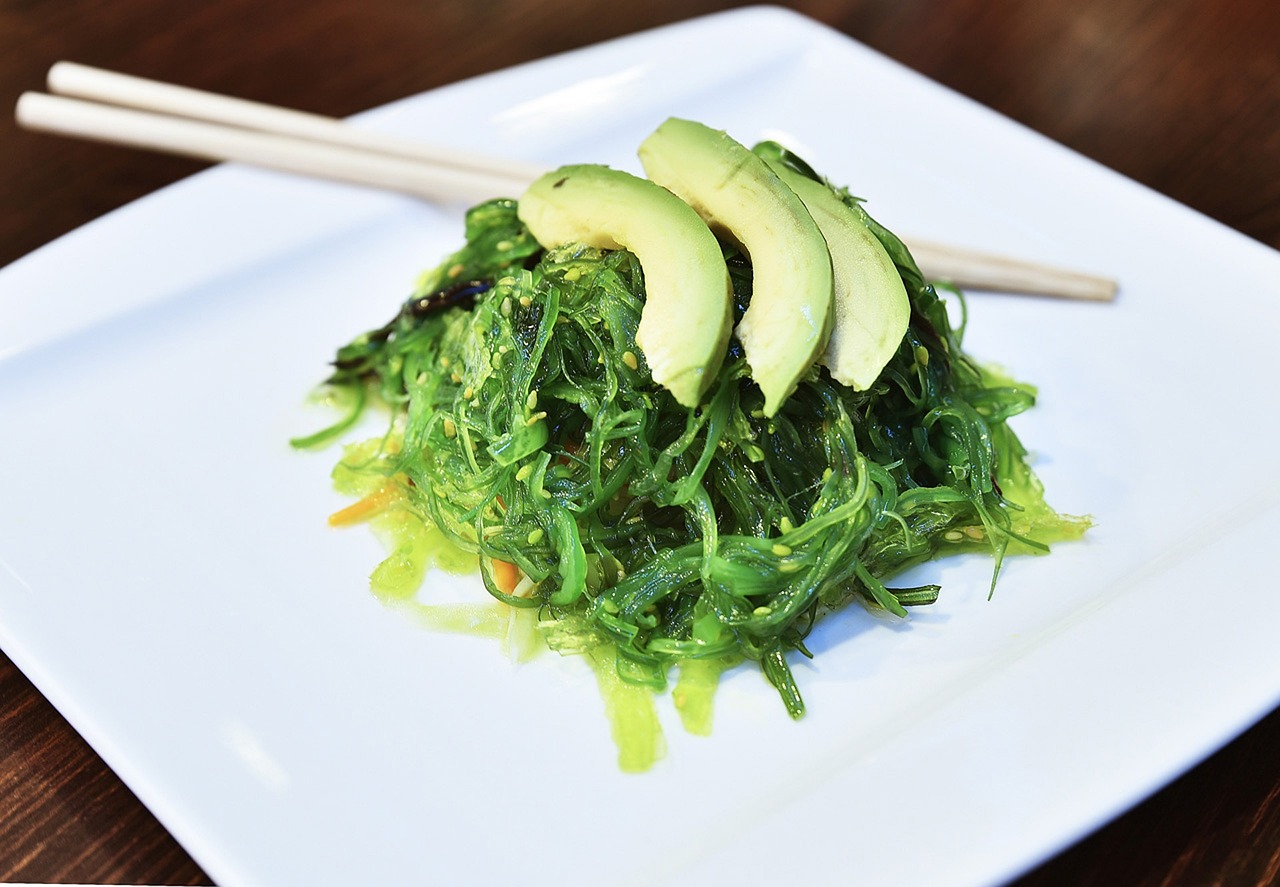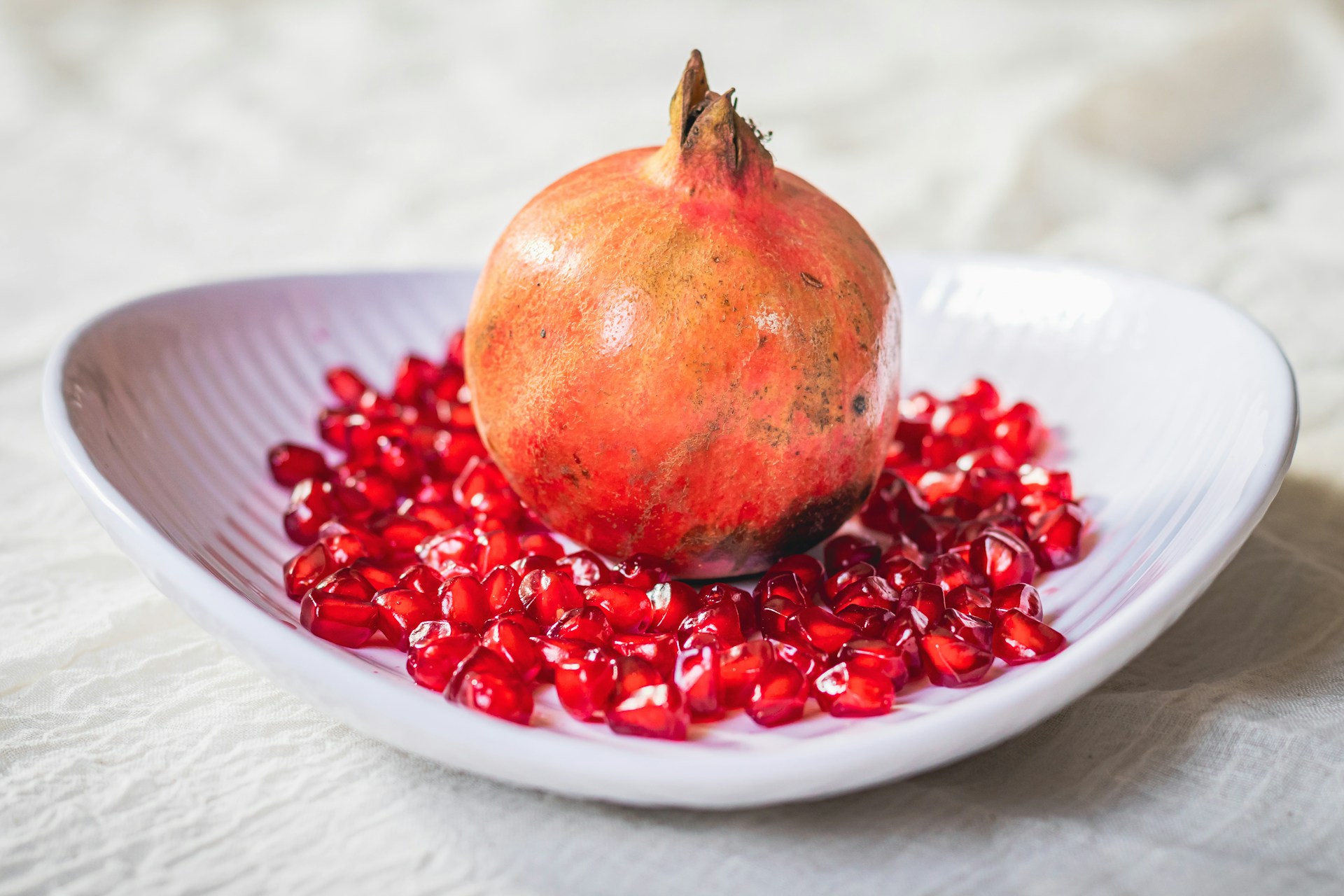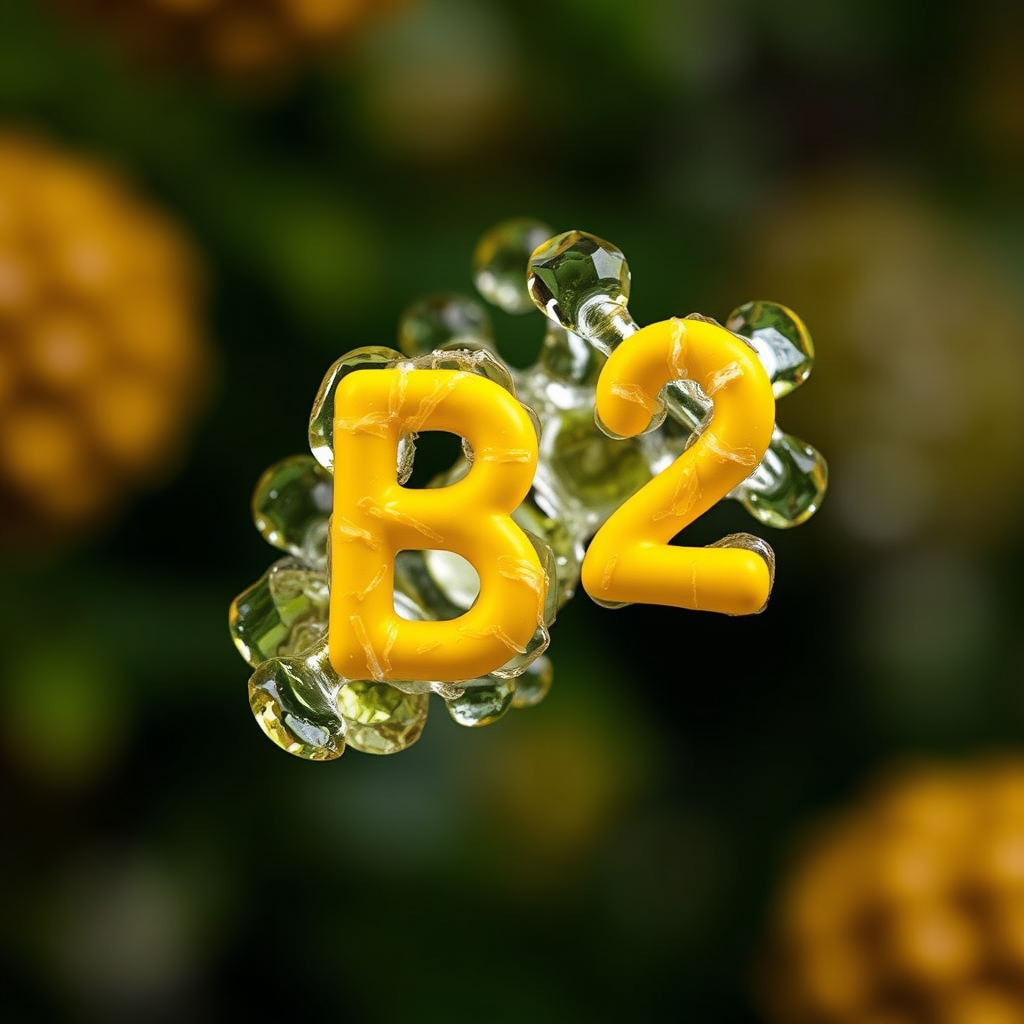Iodine Facts and What Can Do For You
Two-thirds of the iodine in the body is found in the thyroid gland. Since the thyroid gland controls metabolism, and iodine affects the thyroid, insufficient intake of this mineral can result in slowed mental reactions, weight gain, and loss of energy. The recommended daily requirement, established by the National Research Council, is 150 mcg for adults (1 mcg per kilogram of body weight) and 175 to 200 mcg for pregnant women or women who are breastfeeding.
Health benefits of Iodine:
Improves nutrition, burning excess fat.
Supports proper growth.
Makes you cheer up.
Stimulates mental activity.
Contributes to the health of hair, nails, skin, and teeth.
Diseases caused by iodine deficiency:
Goiter, hypothyroidism.
The best natural sources of iodine:
Seaweed, vegetables grown on iodine-rich soil, dairy products such as yogurt, and cheese, and all seafood.

Toxicity:
Natural iodine is not known to be toxic, although iodine as a medicine can be harmful if improperly prescribed.
Those who take thyroid medication should be aware that seaweed affects that gland. If you use both, it is recommended to consult a doctor and retest. You may need less prescription medicine than you think.
Personal advice:
Except for seaweed and iodine contained in multimineral and multivitamin preparations, it is not recommended supplements, unless your doctor has advised you to take them. If you tend to eat excessive amounts of raw cabbage, you may not get as much iodine as you need, since there are elements in cabbage that prevent the proper utilization of iodine. If this is the case, you should consider the possibility of using seaweed as a supplement.














Post Comment